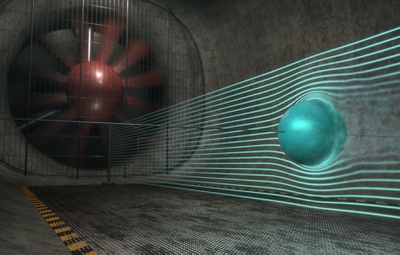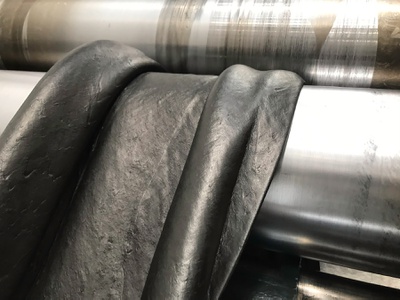
Ultrafine Particles from Transportation – Health Assesment of Sources
24 Juni 2021
Prof. Thomas Adam, Professor für Chemie, Umwelt und Energieverfahrenstechnik und Prof. Andreas Hupfer, Professor für Luftfahrtantriebe, haben gemeinsam mit Partnern 6 Partnern bei der European Commission das Projekt "Ultrafine Particles from Transportation – Health Assesment of Sources" (ULTRHAS) erfolgreich eingeworben.
Laufzeit: 01.09.2021 bis 31.07.2025
Förderer: Europäische Kommission - EU-H2020-Smart, Green & Integrated Transport
Current legislative control of particulate matter (PM) based on ambient mass concentrations does not encompass source dependent variation in PM toxicity or the impact of high numbers of nanoparticles (ultrafine particles; UFPs) which contribute little to PM mass. UFPs may pose high risks due to their small size and high number/surface area concentrations and higher propensity to penetrate tissue barriers and reach the circulation and secondary target organs. Non-regulated nanoparticle emissions from transport sources belong to this category of high concern, and the effects of some specific emissions (e.g. particles from wear components or natural gas and jet engines) are either not sufficiently understood or remain undetected by current air quality or certification procedures. ULTRHAS will specifically address (i) the impact of different transport modes, fuel technologies and wear components, including atmospheric ageing processes, on the physicochemical characteristics of particulate and gaseous emissions; and how these processes and characteristics affects (ii) the biological responses leading to harmful effects in the lung and beyond by applying state-of-the-art emission measurement, exposure and toxicity-testing approaches under highly controlled laboratory conditions. ULTRHAS will (iii) rank the health hazards of different transport mode emissions and (iv) apply an advanced health impact assessment framework incorporating burden of disease methods to quantify baseline and policy scenario impacts for development and prioritization of mitigation measures; and (v) evaluate the future impact and acceptance of new policies on public health, taking into account social aspects. ULTRHAS will provide enhanced understanding of health threats posed by nanoparticles from different transport modes; optimize a framework for toxicity and hazard assessment of aerosols; provide guidance for prioritization of mitigation measures for future legislation on air pollutants.
Konsortium:
FOLKEHELSEINSTITUTTET (NIPH), OSLO 0456, Norway (Koordinator)
ITA-SUOMEN YLIOPISTO (UEF), KUOPIO 70211, Finland
UNIVERSITE DE FRIBOURG (UNIFR), FRIBOURG 1700, Switzerland
TERVEYDEN JA HYVINVOINNIN LAITOS (THL), HELSINKI 00271, Finland
UNIVERSITAET ROSTOCK (UROS), ROSTOCK 18051, Germany
UNIVERSITAET DER BUNDESWEHR MUENCHEN (UniBw M), NEUBIBERG 85577, Germany
HELMHOLTZ ZENTRUM MUENCHEN DEUTSCHES FORSCHUNGSZENTRUM FUER GESUNDHEIT UND UMWELT GMBH (HMGU), NEUHERBERG 85764, Germany
Bild: © gettyimages / Oleksandr Filon






